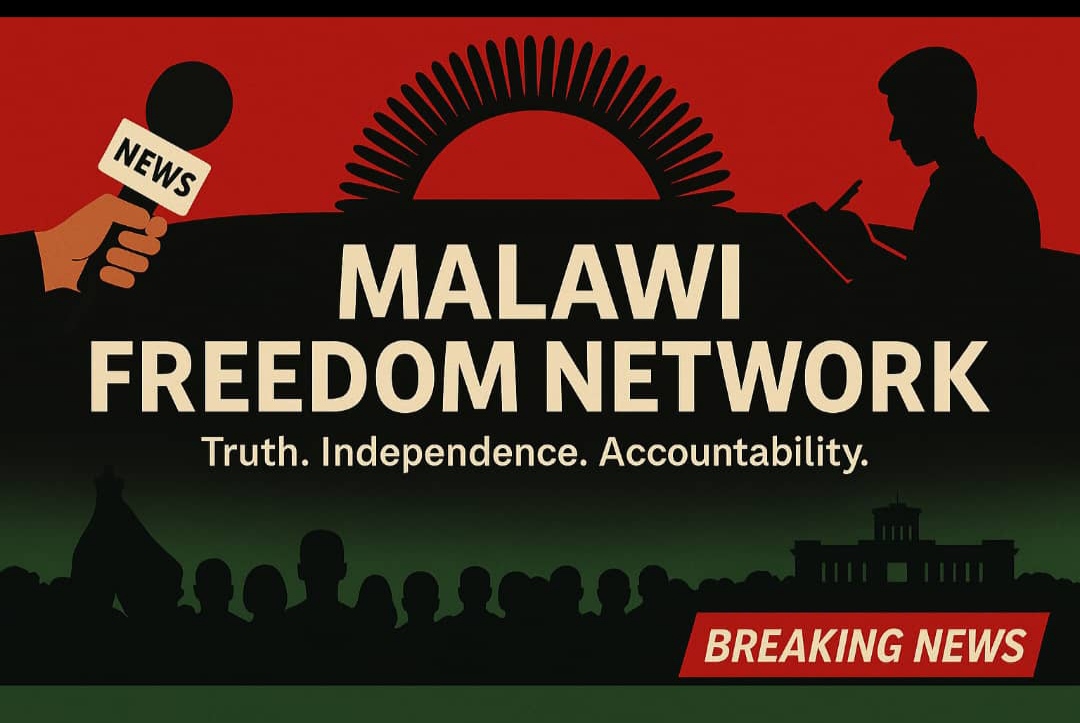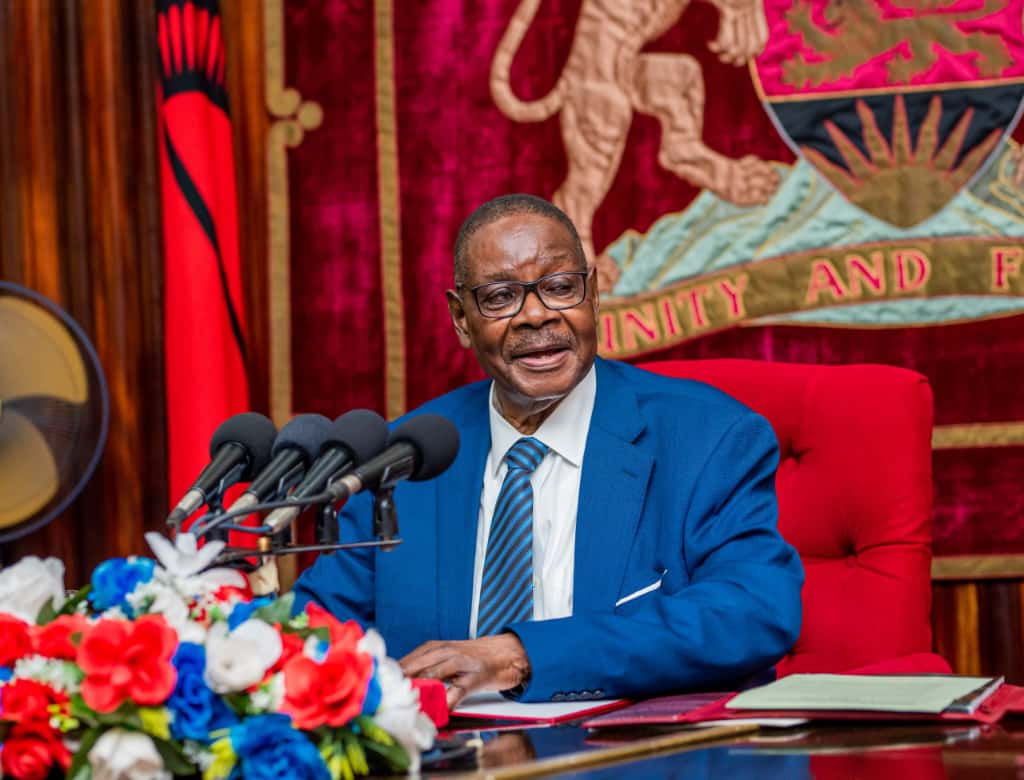By The Editor
The launch of the Malawi Congress Party (MCP) manifesto on 20 July 2025 has sparked intense debate about its credibility and feasibility.
With less than two months to the September polls, the manifesto is being closely scrutinized by voters, analysts, and civil society organizations.
While the MCP presents the document as a bold development blueprint, many observers are questioning whether it is a realistic roadmap for economic and social transformation or merely a campaign tool to win votes.
A key concern revolves around the financing of the manifesto’s ambitious promises.
Malawi’s economy is already under strain, with rising public debt, high inflation, and a sluggish growth rate that limits fiscal space for new mega-projects or social programs.
Critics argue that without clear funding mechanisms, the MCP manifesto risks falling into the same trap as the 2020 manifesto, where several pledges remained unfulfilled due to lack of resources.
Another challenge lies in the sequencing of the proposed programs.
The manifesto outlines dozens of initiatives across multiple sectors, but it does not provide a clear timeline or prioritization framework for implementation.
This absence of a detailed roadmap raises concerns about whether the government can effectively deliver these promises within a five-year term.
The MCP’s delivery track record is also under scrutiny.
Many Malawians remember the unfulfilled pledges of 2020, including the promise of one million jobs and the overhaul of the Affordable Inputs Program, which failed to achieve intended results.
As a result, the party is under pressure to demonstrate that its new manifesto is not simply a repackaged list of promises, but a credible and achievable plan.
Political analysts suggest that for the manifesto to gain public trust, the MCP must provide realistic costings for each pledge and show how these will be financed without further burdening taxpayers or increasing national debt.
The party also needs to present clear monitoring and evaluation frameworks to track progress and hold government accountable.
Ultimately, the credibility of the MCP manifesto will depend not on its rhetoric, but on its ability to convince Malawians that lessons have been learned from past failures.
As the election date draws closer, voters will be keen to compare the MCP’s promises with its track record and weigh them against the alternatives presented by opposition parties.
The debate surrounding the manifesto highlights a deeper issue—whether political parties in Malawi are prepared to offer practical solutions to the country’s economic challenges or if manifestos remain little more than tools for electoral marketing.




